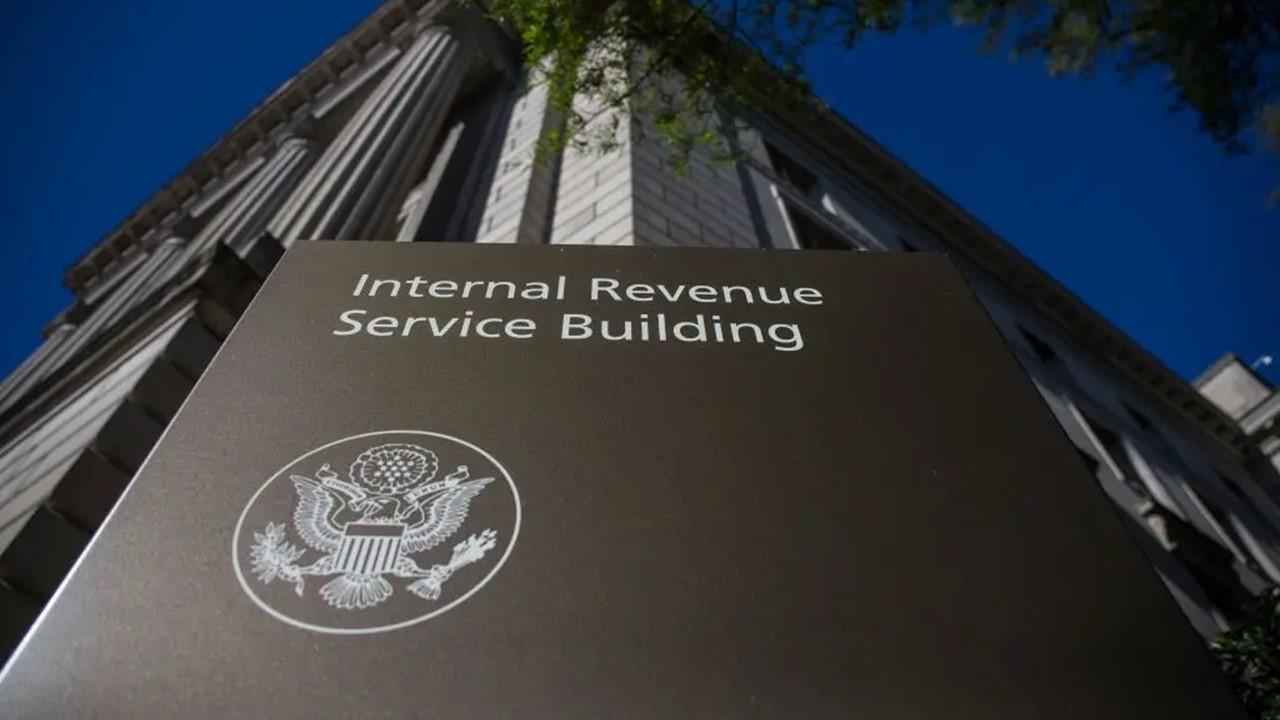If You Can't Afford to Pay Your Taxes, Here's What You Should Do
Surprised by the amount of money you owe in federal and state taxes? You aren't alone. Here's what to do if you can't afford to pay your taxes.
April 19 2023, Updated 12:10 p.m. ET
Surprise … you owe the federal and state government money! If you were anticipating a tax refund and instead owe the government hundreds or thousands of dollars, you may be in complete sticker shock.
Remember those designer bags you sold on Poshmark? And how about the freelance articles you wrote for your friend with the startup? While you thought you were quietly bringing in extra income during the economic downturn, Uncle Sam was watching you, and now it’s time to pay up.
What happens if you can't afford to pay your taxes? Most importantly, you have options. Keep reading for all the details about what to do next.
What if I can't afford to pay my taxes?
You tried all the deductions, and your accountant says you still owe money. So, now you owe thousands of dollars to the IRS. Between inflation, rising interest rates, and daily expenses, you simply don't have the money to pay for it right now. What should you do?
Both the IRS and your state and local governments understand you may owe taxes and can't afford to pay when you file your return. They've got options to help you out.
What are my tax repayment options?
With all we've been through in the past three years, you'd hope maybe the government would give us a break, but sadly that isn't how it works. Let's explore your repayment options and find out which one works best for you.
Short-term extension: The IRS offers relief in the form of a short-term extension, which allows you pay your entire tax bill within 120 days or less. You can use the 120-day payment agreement as long as you owe in combined taxes, interest, and penalties.
There isn't a fee for setting up this payment extension and you'll pay fewer penalties with this option, but your taxes will continue to accrue interest during this time. Use the Online Payment Agreement application to set it up.
Offer in Compromise: This option allows you to settle the debt for less than what you owe and it can be used if you can't pay your full tax liability and it creates financial hardship. With an Offer in Compromise, the amount you suggest will represent the most you can afford to pay at that time, and you'll be considered based on circumstances like your ability to pay, your income, expenses, and asset equity.
Installment agreement: You should set up a payment plan if you can't pay all your taxes at once, but you can afford monthly payments, your Offer in Compromise was rejected, or you aren't able to get a lower interest rate loan to cover the bill.
If you request an installment agreement, you'll need to propose a monthly payment amount, but remember this amount will also need to cover interest and penalties as well as the principal balance.
What are the penalties for paying taxes late?

If you can't pay your taxes by the deadline, you will be hit with a Failure to Pay penalty. The late-payment penalty isn't the same as the late-filing penalty, which affects people who pay their taxes late. It's 0.5 percent of your unpaid taxes for each month the taxes remain unpaid, plus interest. The penalty will not exceed 25 percent of your total unpaid taxes.



